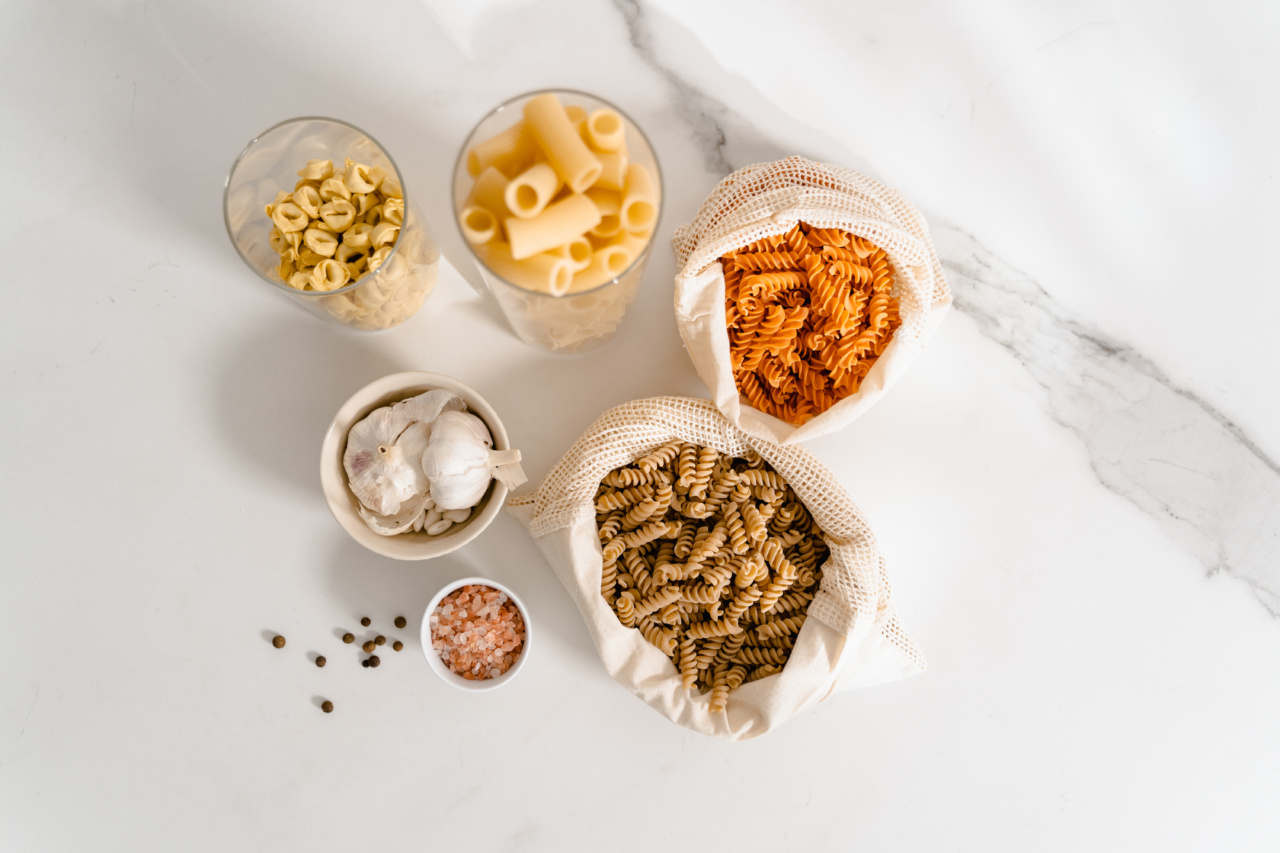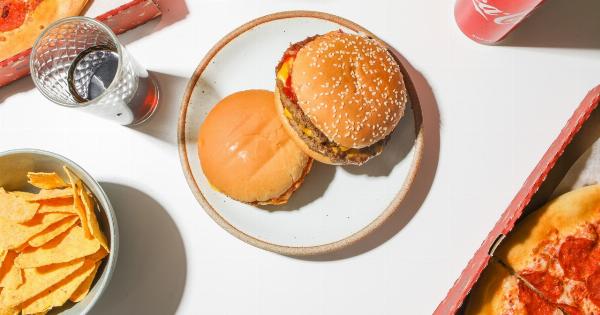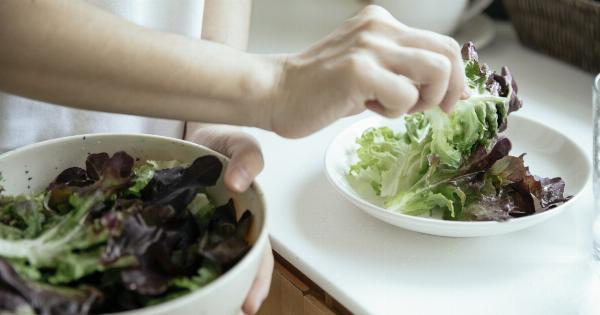Salt is a common ingredient found in nearly every kitchen around the world. While it is necessary for our bodies to function properly, consuming too much salt can have negative effects on our health.
The World Health Organization recommends that adults consume less than 5 grams of salt per day, but unfortunately, many people far exceed this limit. One of the main sources of excessive salt intake is through our diet. In this article, we will discuss six foods that are high in salt and should be limited in our daily intake.
1. Processed Meats
Processed meats such as bacon, sausage, hot dogs, and deli meats are not only high in unhealthy fats but also in sodium. These meats are usually cured and preserved with salt to extend their shelf life and enhance their flavor.
Just a few slices of deli meat or a couple of bacon strips can contain a significant amount of your recommended daily salt intake. To lower your salt intake, opt for freshly cooked meats or look for low-sodium and nitrate-free options.
2. Canned Soups
Canned soups are a convenient and quick meal option, but they often contain alarming amounts of salt. Many popular canned soup brands have more than half of your daily recommended salt intake in just one serving.
The high salt content is used for flavor, as well as for preserving the soup. To reduce your salt intake, choose low-sodium or homemade soups, where you can control the amount of salt added.
3. Fast Food
Fast food chains are notorious for their high salt content. Burgers, fries, pizza, and other fast food items are often loaded with salt to enhance their taste and addictive quality.
A single fast food meal can contain well over your recommended daily salt intake. It’s always better to opt for homemade meals or healthier restaurant options that allow you to choose lower salt alternatives.
4. Cheese
Cheese, although enjoyed by many, is another food high in salt. Certain varieties of cheese, such as feta, blue cheese, and processed cheese, contain more salt than others.
While cheese can be a good source of calcium and protein, it’s important to consume it in moderation to keep your salt intake in check. Look for lower sodium cheese options or try reducing the amount of cheese you use in your dishes.
5. Salted Snacks
Salted snacks like potato chips, pretzels, and salted nuts are not only high in salt but also often high in unhealthy fats and calories.
These snacks are not only addictive but also contribute to an increased risk of high blood pressure and heart disease. To reduce your salt intake, try snacking on unsalted nuts, air-popped popcorn, or homemade vegetable crisps.
6. Sauces and Condiments
Sauces and condiments like soy sauce, ketchup, salad dressings, and barbecue sauce are frequently used to enhance the flavor of our meals. However, they can also be major sources of hidden salt.
Just a small amount of these condiments can add a hefty dose of salt to your diet. To cut back on salt, try making your own sauces and dressings using fresh ingredients, or look for low-sodium options.
In Conclusion
While salt is an essential component of our diet, excessive consumption can lead to numerous health concerns. By limiting the intake of these six high-salt foods, you can take a step towards a healthier lifestyle.
Opt for fresh and homemade alternatives whenever possible, and read food labels to better understand the salt content in your favorite products. By being mindful of your salt intake, you can maintain a balanced diet and promote your overall well-being.






























